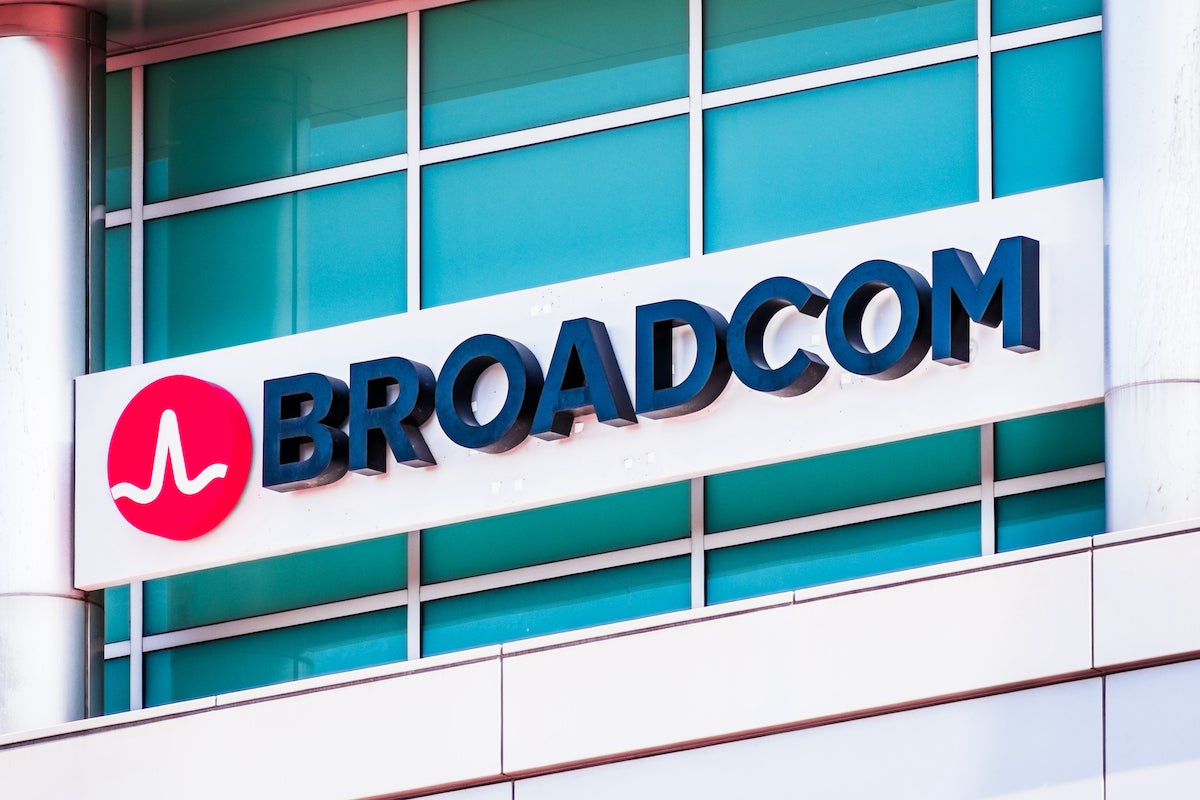
When Broadcom bought VMware for $69 billion last November, we knew there would be changes. What we didn’t know is that Broadcom’s radical changes would leave partners and customers alike questioning their commitment to VMware.
Personally, I’ve never been fond of VMware. But I know many IT people swear by its wide array of products. At least, they did until recently. Now that Broadcom is showing its cards for the virtualization powerhouse’s future, it’s another story.
Even before then, VMware customers were doubtful about the acquisition. Forrester Research had estimated that up to 20% of VMware’s enterprise customers would quickly switch to a new virtual machine vendor.
Why? According to Forrester analysts, their customers “are exhausted by significant price hikes, degrading support, and forced mandatory subscription to software bundles where some modules such as NSX and Aria Suite/vRealize Suite end up as shelfware.”
They also had little faith, based on Broadcom’s acquire-slash-and-burn approach to its CA Technologies and Symantec acquisitions, that the products and services they liked from VMware would stick around.
They were right.
More lines are being buried. The one that will bug the most people is Broadcom’s decision to quietly axe VMware’s Free ESXi hypervisor. Broadcom didn’t even announce this one. We only found out about it because a sharp-eyed user spotted a knowledge base article that revealed it was being terminated.
For enterprises, this isn’t that big a deal. I know a handful of people who used this limited version of ESXi. But I also know many people, indeed most of my VMware friends, who started using the VMware stack only after tinkering with the free ESXi hypervisor. Others loved being able to test-drive projects with the free version before moving it to production.
Those days are done.
Oh, so you have a perpetual license, and you think you’ll be OK? Nope, your products are getting whacked, too. The new VMware is ending perpetual license sales, so if your favorite product isn’t being killed, you’ll need to pay a subscription to keep it. From here on out, you can expect to see software-as-a-service (SaaS) licensing.
According to Broadcom, this is all about transforming its “business to deliver faster innovation with more value to customers, and even better profitability and market opportunity for our partners.”
Well, I hate to tell you, Broadcom — but from what I’m hearing, your customers and partners disagree. VMware’s rivals, including Nutanix. Scale Computing, and Virtuozzo, are loving it, though. Bigger companies, such as Microsoft with Hyper-V/Azure Stack and Red Hat with OpenShift Virtualization, also have reason to put VMware customers at the top of their marketing list.
Besides the VMware licensing change, which is always worrisome, VMware customers are also worried sick about the new line’s pricing. Even before Mastodon bought the company, VMware was expensive. They’re afraid, with reason, that they’ll pay even more.
VMware’s once-flourishing partners are also concerned. Most companies don’t work with VMware directly. They worked with partners, instead. First, Broadcom dumped all its resellers and service partners. Then, it opened the door for its top former partners to come back in. Did they? Well, VMware also took its top 2,000 customers direct, which doesn’t leave much room for VMware’s former partners. The VMware partner slogan, “VMware Partners: An Ecosystem of Trust,” sure sounds hollow.
If you’re hoping that your good, old VMware partner can help guide you through this brave new Broadcom/VMware, forget about it. Many of you will be on your own. And, honestly, if I were a VMware partner, I’d be looking to partner with someone else and get to work on providing ways to move from VMware products to another line.
And if I were a VMware customer, I’d also be looking for another path forward. Broadcom can say what it wants about how its changes will improve things, but I don’t buy it. Broadcom’s enterprise software acquisition track record isn’t good. I see no reason to believe it will be any better this time around — and many reasons to think this is one merger and acquisition that won’t be good for anyone.
